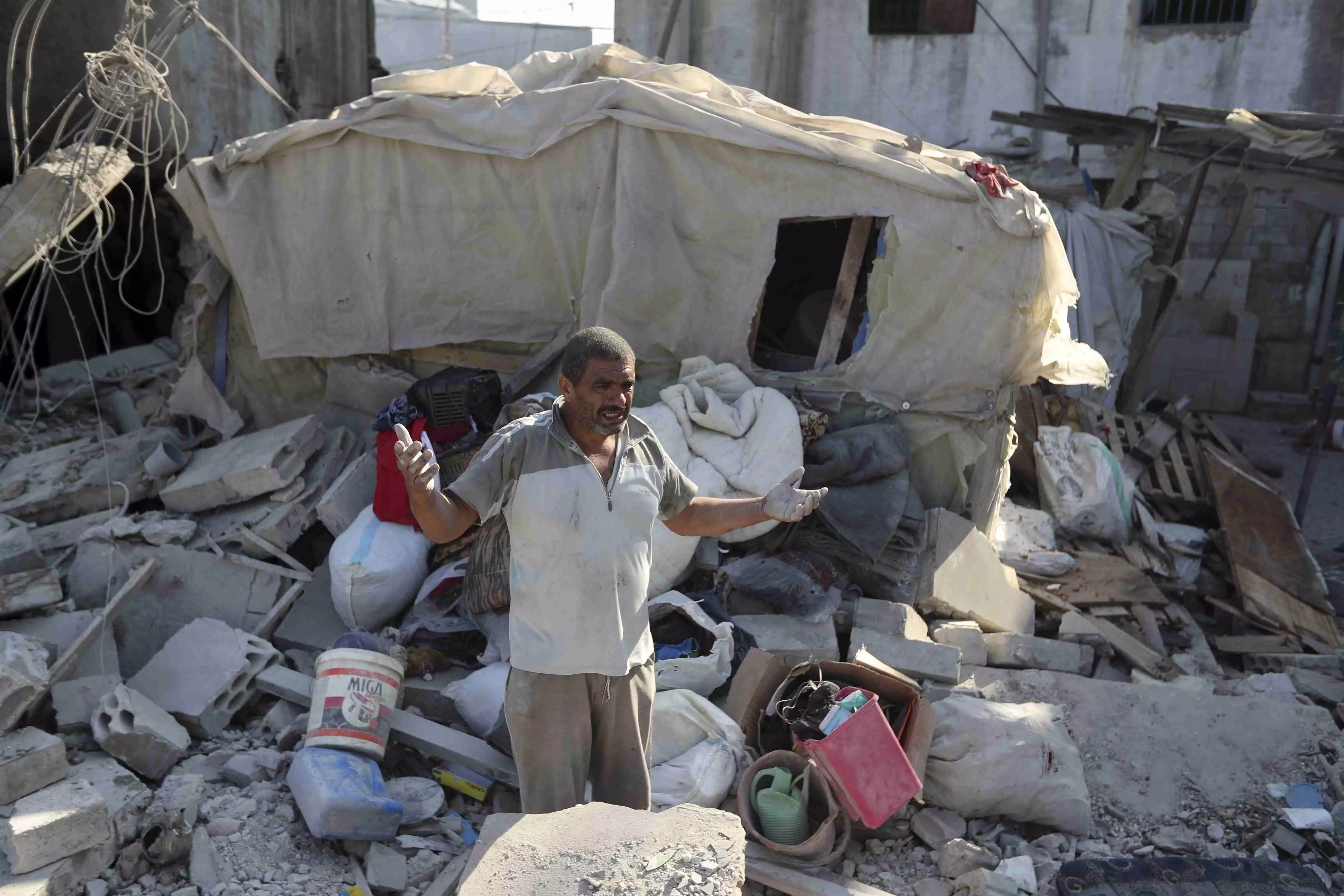Masked onslaught

The fresh wave of Israeli airstrikes in Lebanon, which resulted in the deaths of above 500 people, is a grim reminder of the worsening crisis in the region. The deadly strikes have come even as the storm of pager attacks—alleged upon Israel—has not settled down. Though the Israeli Prime Minister Benjamin Netanyahu has tried to reassure the Lebanese people that Israel’s war is with Hezbollah, not them, the reality is opposite—civilians continue to pay the heaviest price. The narrative of targeting militant infrastructure placed in civilian areas is not new, and its consequences remain brutal and inescapable. Netanyahu’s plea to the Lebanese population—urging them to leave their homes for their safety—is, in theory, a compassionate warning. But in practice, it places civilians in an impossible position. Asking people to abandon their homes and livelihoods, to leave everything behind in the midst of conflict, is far easier said than done. This leads to a troubling question: is there a true distinction between attacking Hezbollah and attacking the civilians who live among them?
Netanyahu’s argument that Hezbollah uses Lebanese civilians as ‘human shields’ is a common justification for Israel’s aggressive military tactics. It may be pertinent to highlight here that in the Gaza strip, Israel, in a bid to eliminate Hamas, has killed tens of thousands of civilians, including women and children. The same story appears to be playing on a repeat mode in Lebanon. Certainly, Hezbollah’s presence and its deeply embedded infrastructure in southern Lebanon present a significant challenge to Israeli security. However, these repeated airstrikes, many of which have struck residential areas and displaced thousands, blur the line between combating militants and harming innocent people. Civilian infrastructure—homes, schools, and hospitals—has long been merged with militant operations in asymmetric warfare. But the international community is still to grow wary of the rhetoric that shifts the blame for civilian deaths entirely onto the militants. It has allowed such conflicts to perpetuate in Gaza and elsewhere. As the death toll in Lebanon is likely to go up, including a high percentage of women and children, the human cost of the conflict must take precedence over everything else. Netanyahu’s hollow assurance of an opportunity to return in the future is not sufficient for a population witnessing the destruction of their homes and the deaths of their loved ones. Lebanon, already struggling with economic collapse and political instability, is ill-equipped to handle yet another catastrophe.
Hezbollah’s involvement in the war, firing rockets into Israel and killing Israeli civilians, cannot be discounted. The group can resort to provocative and reckless retribution, further destabilising a region already teetering on the edge. But the international community must reckon with the fact that Hezbollah is deeply entrenched within Lebanese society—its influence extends beyond mere military operations into politics, social services, and daily life. Israel’s military campaign, however precise, risks not just damaging Hezbollah but the innocent people of Lebanon as well. Lebanese Prime Minister Najib Mikati has characterised Israel’s actions as ‘genocide’, a sentiment echoed by many within Lebanon. It raises important questions about accountability in conflicts where civilian deaths vastly outnumber military ones.
The UN and other international bodies have long struggled to mediate in such seemingly intractable conflicts. Diplomatic efforts are undermined by the persistent cycle of violence, where each side views the other’s attacks as justification for further aggression. In the meantime, civilians continue to suffer, and the prospects for lasting peace grow dimmer with each passing day. Ultimately, this conflict in Lebanon—like so many before it—demands a moral reckoning. Can Israel truly claim the moral high ground while civilians continue to die in large numbers? Can Hezbollah be allowed to operate with impunity, embedding itself within civilian communities and inviting such destruction? These are questions that the world must confront, even as the violence rages on. In the end, it is the people of Lebanon who will bear the scars of this conflict, long after the bombs have ceased to fall.



